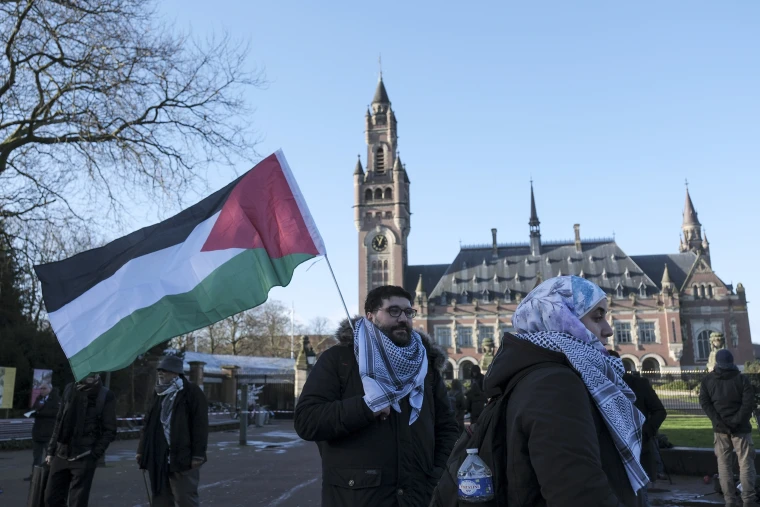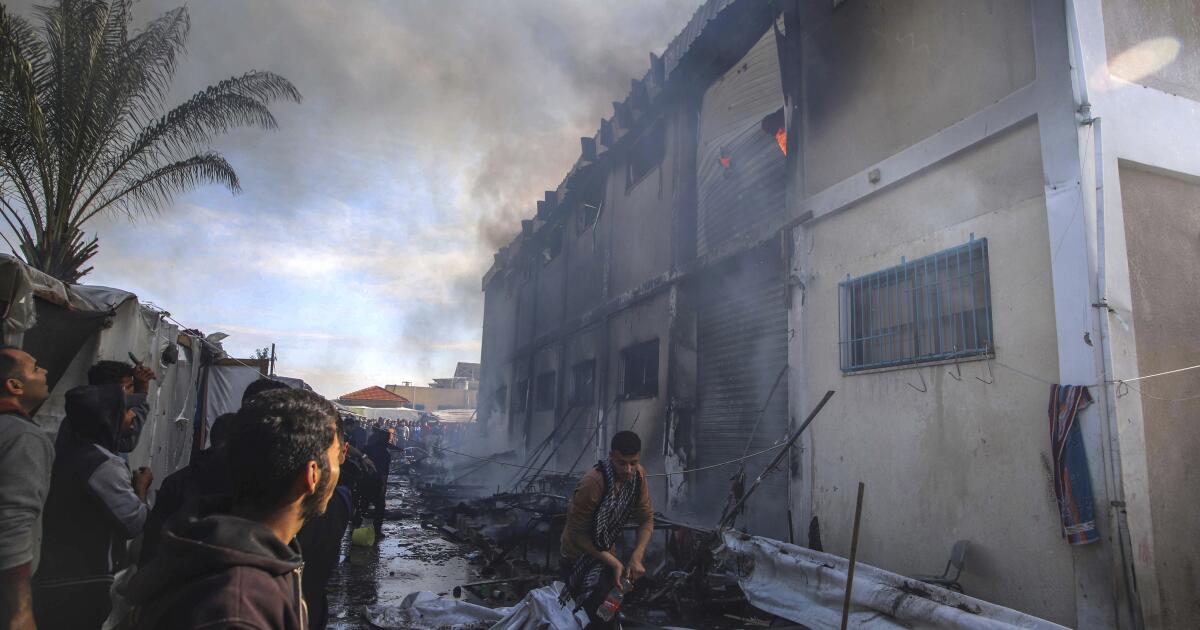The International Court of Justice in The Hague issued a ruling on Friday, directing Israel to limit casualties and adhere to international law concerning genocide during its military operations in Gaza. This decision followed a case initiated by South Africa, accusing Israel of committing genocide against Palestinians in Gaza.
While the court did not demand an immediate end to the war, it allowed the genocide case to proceed. The panel of 17 judges instructed Israel to refrain from causing harm to Palestinians, permit more humanitarian aid into Gaza, and take measures to prevent and punish incitement to genocide. Israel has been given one month to report its compliance with these measures.
Israel’s defense has been centered around the argument that their targets are Hamas militants, not the people of Gaza. They contend that actions such as dropping leaflets to inform civilians of planned bombings and allowing aid convoys demonstrate adherence to the Genocide Convention, a human rights treaty established in 1948.

International Court of Justice Issues Decision on Alleged ‘Genocide’: Israel Ordered to Compile a ‘Report’ (Credits: NBC News)
Israeli Prime Minister Benjamin Netanyahu criticized the court’s decision, labeling it as “outrageous.” He pledged to continue the military siege, emphasizing the necessity to defend the country and its people.
While Palestinians had hoped for more decisive measures, the ruling was welcomed by many, with the Palestinian Authority’s Foreign Ministry stating that the court had ruled “in favor of humanity and international law.” However, it’s important to note that the court lacks the means to enforce its order, and Israel does not recognize its jurisdiction, although it participated in the legal proceedings.
The ongoing conflict began when Israel invaded Gaza after a brutal surprise attack by Hamas on southern Israel in October. Israel claims that militants killed around 1,200 people, primarily civilians, and kidnapped over 200.
In contrast, the Hamas-run Health Ministry reports over 26,000 casualties, with two-thirds being women and children. The situation in Gaza is dire, with widespread displacement, limited access to essential resources, and a high prevalence of disease and hunger.
The case against Israel was formally filed by South Africa on December 29, accusing Israel of genocidal actions based on public statements by Israeli officials calling for the destruction of Gaza. Despite Israel’s objections, the court upheld South Africa’s right to sue, even though it is not directly involved in the conflict. The court also urged Hamas to release over 100 hostages in Gaza.
The court’s president, Joan E. Donoghue, expressed sympathy for civilians in Gaza, acknowledging the region’s dire conditions. The decision has stirred controversy, with Israeli leaders rejecting the court’s findings and emphasizing their belief that Israel is unfairly scrutinized by the United Nations. The court’s ruling may lead to increased scrutiny of Israel and potential further challenges by South Africa in the future.























